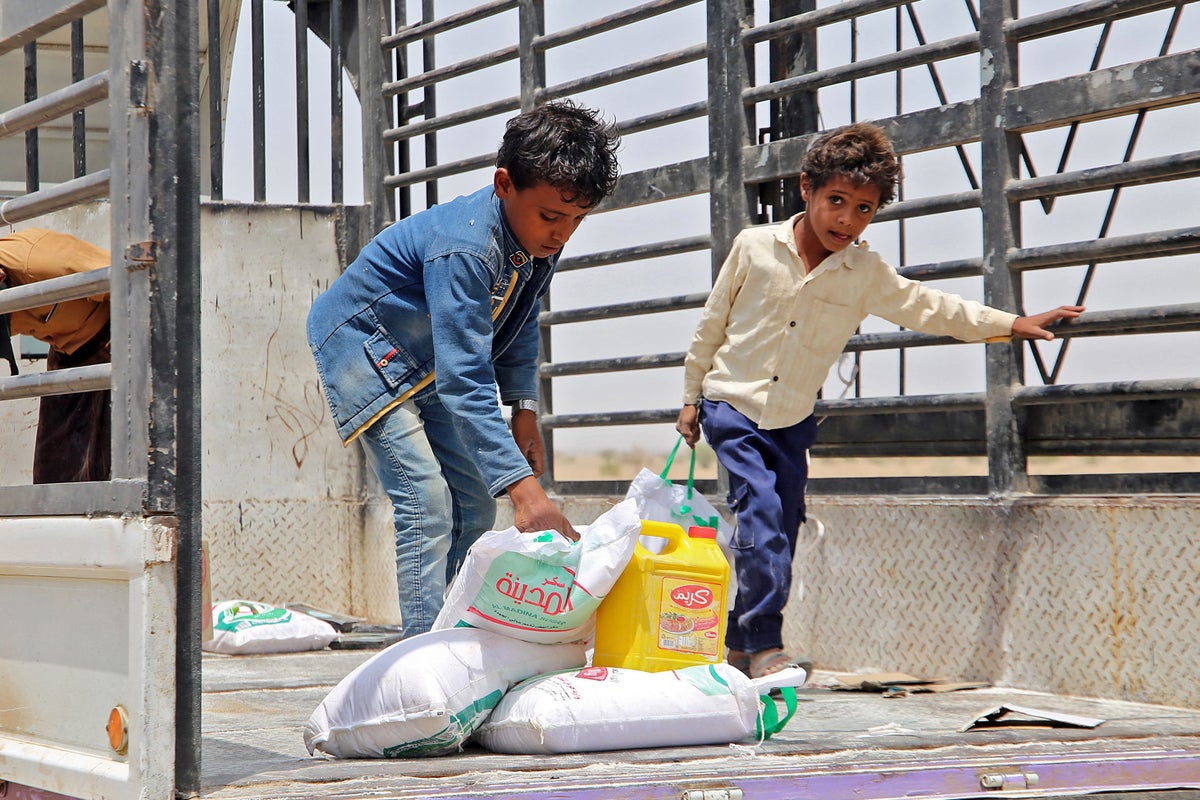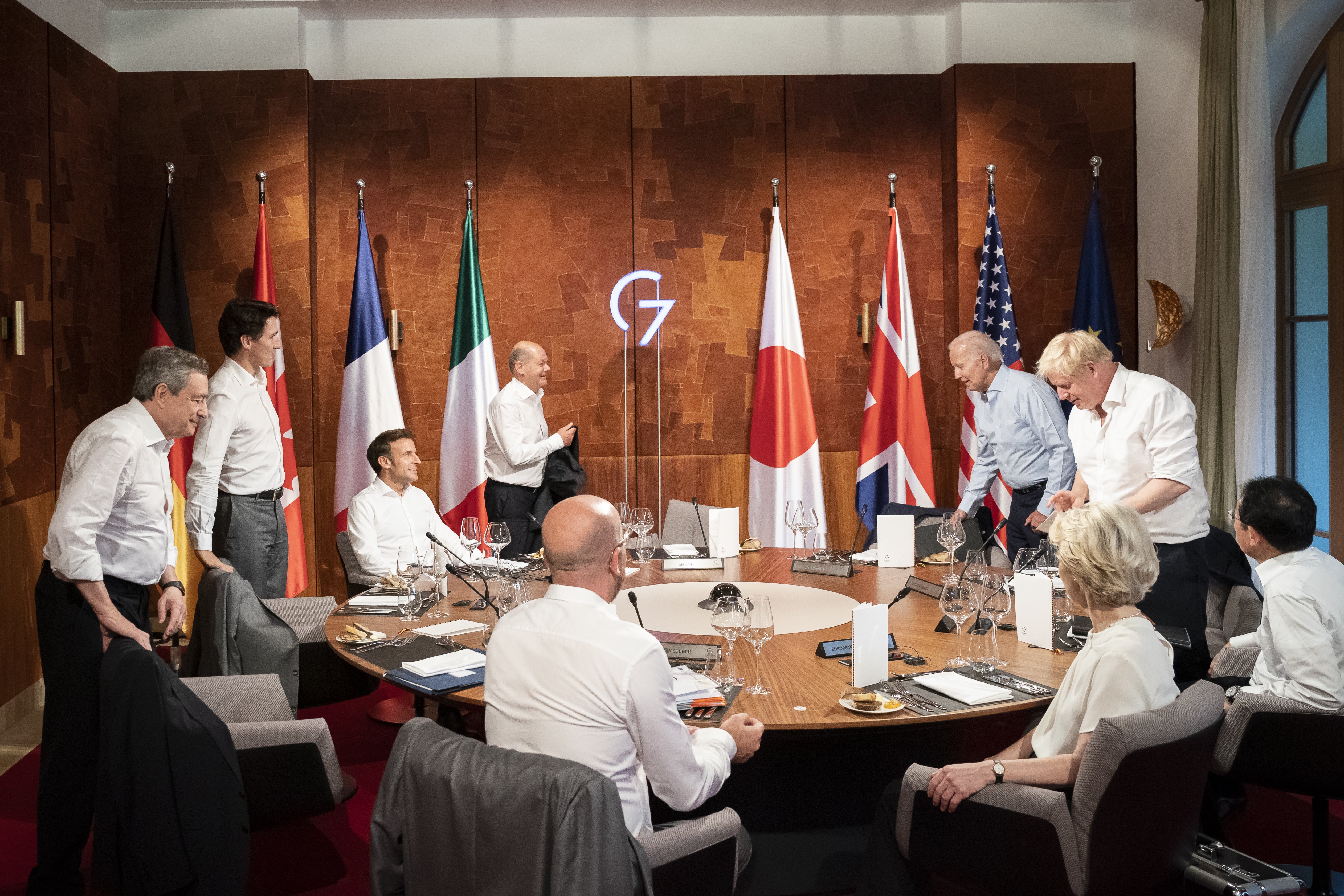
Boris Johnson’s commitment to help developing countries facing an unprecedented hunger crisis is “nowhere near enough”, a coalition of leading aid charities has said.
The UN has warned that 49 million people are now at risk of famine as a Russian blockade of grain from Ukraine pushes up prices around the globe.
The prime minister, attending the G7 summit in Germany this week, announced a £372m support package to help countries hardest hit by soaring food costs and fertiliser shortages.
Bond, an umbrella group representing 70 UK charities, said the pledge was not enough, highlighting recent government cuts to the aid budget.
Stephanie Draper, chief executive of Bond, said it was “nowhere near what’s needed”, adding that the package “must be the seed of a bigger plan to address the causes and consequences of the global food crisis”.
It comes as Oxfam called on the G7 to boost aid and deliver on its promises to tackle global hunger made at last year’s summit ahead of fresh talks on food security in Bavaria on Monday.
Oxfam GB also highlighted the swingeing cuts recently made to the government’s international aid budget following Mr Johnson’s pledge.
The charity said deep cuts meant that UK aid to the four African countries hit hardest by hunger – Ethiopia, Kenya, Somalia and South Sudan – was just £288m, only around a third of the sum provided during the region’s last major hunger crisis.
“The UK’s failure to step up and help people in east Africa and around the world who don’t have enough to eat is not just a broken promise, it is a dereliction of duty,” said Danny Sriskandarajah, Oxfam GB chief executive.
Oxfam called on G7 leaders to provide more debt relief to developing economies and tax corporations on excess profits, amid a growing number of workers’ strikes and protests around the world.
The charity said the group of wealthy must double the amount of aid they provide for agriculture, food security and nutrition, amounting to an additional £11bn per year.
“This isn’t just a standalone crisis – it’s coming off the back of an appalling pandemic that fuelled increased inequality worldwide,” said Matt Grainger, head of inequality policy at Oxfam. “I think we will see more and more protests.”
Aid charities have pointed to a £30bn global shortfall in the money promised for appeals with large parts of east Africa, west Africa, the Middle East and Latin America suffering rapid increases in the number of hungry people.

Today’s G7 talks in Germany are set to focus on ways to get grain out of Ukraine. Around 25 million tonnes of corn and wheat cannot be exported and is currently at risk of rotting in silos.
Mr Johnson’s government will pledge £10m help rebuild Ukraine’s railways in a bid to use trains to export grain trapped by Putin’s blockade in the Black Sea.
The prime minister said the UN plan to involve Turkey in talks with Russia is a “non-starter” because Putin will continue to use food supply as a bargaining chip to ease sanctions.
The PM argued that allies need to now consider plan B, as he pledged British expertise to help de-mine the Black Sea and upgrade rail infrastructure.
Mr Johnson and US president Joe Biden remain at odds over a plane to cut the production of green fuels in a bid to free up land for food production.
Britain is backed by Germany – also pushing for a temporary waiver on their biofuel commitments – but the US and Canada are against the move.
American officials have said Mr Biden will block the plan in a bid to protect the lucrative US market for ethanol and biodiesels and the country’s climate change commitments.







